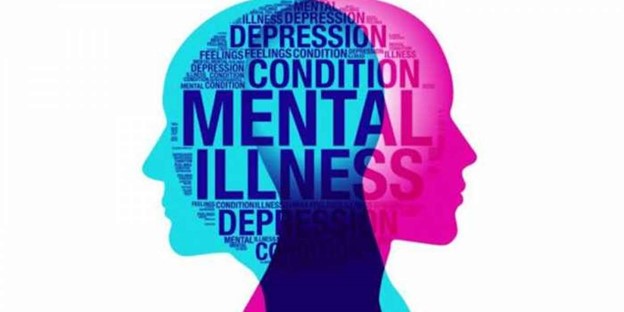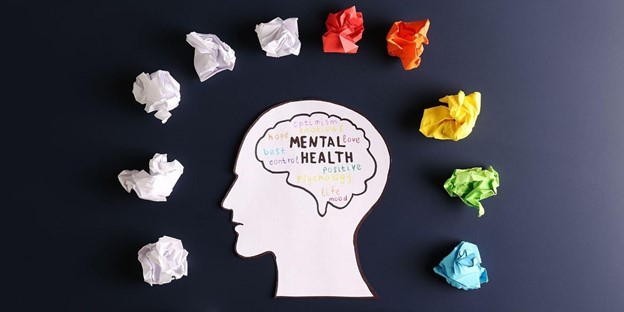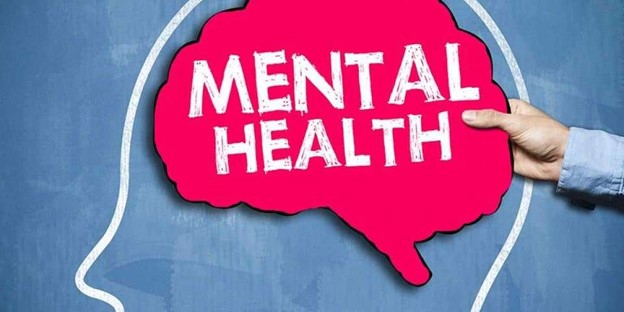In’s fast-paced and demanding world, care of our mental is essential for overall well-being. Amid the pressures of work, school, and personal responsibilities, it’s crucial to recognize the importance of mental health days as a valuable tool for self-care and maintaining emotional balance. This article explores the significance of mental days, their benefits, and practical
In’s fast-paced and demanding world, care of our mental is essential for overall well-being. Amid the pressures of work, school, and personal responsibilities, it’s crucial to recognize the importance of mental health days as a valuable tool for self-care and maintaining emotional balance. This article explores the significance of mental days, their benefits, and practical tips for incorporating them into your routine.
1. Understanding Mental Health Days:
Mental days are designated days taken off from work, school, or other responsibilities focus on prioritizing and enhancing mental well-being. These days serve as an opportunity to rest, recharge, and address stress, anxiety, or burnout that may be affecting your mental . By acknowledging and addressing your mental health needs, you can promote resilience, prevent mental issues, and improve overall quality of life.
2. Importance of Self-Care and Awareness:
Self-care and self-awareness play a vital role in the significance of mental days. Taking time to listen to your emotions, thoughts, and body signals allows you to identify signs of mental fatigue, overwhelm, or distress. By practicing self-care activities that nurture your mental health, such as meditation, journaling, exercise, or spending time in nature, you can cultivate a strong foundation for well-being and proactively address stressors before they escalate.
3. Breaking the Stigma:
One of the key reasons mental days are important is their role in breaking the stigma associated with mental challenges. By openly acknowledging and prioritizing mental health, individuals and organizations can create a culture of support, compassion, and understanding around mental well-being. Taking mental days sends a powerful message that mental matters and that seeking help and rest when needed is a proactive step towards maintaining wellness.
4. Enhancing Productivity and Focus:
Contrary to popular belief, taking a mental health day can actually enhance productivity and focus in the long run. By allowing yourself time to recharge and address mental health concerns, you can return to your responsibilities with renewed energy, clarity, and motivation. Mental health days provide the space for reflection, relaxation, and rejuvenation, enabling you to tackle challenges with a fresh perspective and greater resilience.

Image by: Yandex.com
5. Promoting Emotional Resilience:
Mental days contribute to the development of emotional resilience and coping strategies that are essential for navigating life’s ups and downs. By prioritizing your mental well-being and practicing self-care regularly, you build emotional strength, self-awareness, and coping mechanisms that can help you manage stress, setbacks, and difficult emotions effectively. Investing in your mental health through dedicated days off fosters a sense of empowerment and emotional balance.
6. Preventing Burnout and Stress:
The significance of mental days lies in their role in preventing burnout, chronic stress, and mental health issues that can arise from prolonged periods of high pressure and overwhelm. Taking regular breaks to rest, relax, and engage in activities that bring you joy and peace can reduce the risk of burnout, anxiety, and depression. Mental days act as a preventative measure to safeguard your mental well-being and maintain healthy boundaries between work and life.
7. Strengthening Relationships and Connections:
Mental health days also offer an opportunity to strengthen relationships and connections with others in your life. By prioritizing your mental and taking time for self-care, you can show up as your best self in relationships, communicate effectively, and engage authentically with loved ones. Building a support network of understanding and caring individuals who value mental and well-being can provide invaluable resources for navigating life’s challenges.
8. Cultivating Mindfulness and Presence:
Engaging in mental health days allows you to cultivate mindfulness, present moment awareness, and a deeper connection to yourself and the world around you. Mindfulness practices, such as meditation, breathing exercises, and mindful movement, can help you center yourself, reduce stress, and enhance emotional regulation. By embracing the present moment and letting go of worries about the past or future, you can experience greater peace and clarity in your daily life.
9. Establishing Boundaries and Priorities:

Image by: Yandex.com
Another aspect of the importance of mental health days is their role in establishing boundaries, setting priorities, and maintaining a healthy work-life balance. By honoring your mental health needs and taking time off when necessary, you communicate to yourself and others that your well-being is a non-negotiable priority. Mental health days provide an opportunity to reassess your commitments, set boundaries around time and energy, and realign with what truly matters to you.
10. Advocating for Mental Health Awareness:
Taking mental health days is an act of self-advocacy and empowerment that contributes to raising awareness about mental health and destigmatizing mental health challenges. By normalizing conversations around mental well-being, sharing your experiences, and advocating for policies that support mental health in the workplace and community, you play a role in creating a more compassionate and inclusive society where mental health is valued, respected, and prioritized.
Conclusion:
In conclusion, the importance of mental health days cannot be overstated in today’s fast-paced and demanding world. By prioritizing self-care, enhancing awareness, breaking the stigma, promoting emotional resilience, preventing burnout, and advocating for mental health awareness, individuals can reap the benefits of taking time off to rest, recharge, and nourish their mental well-being. Incorporating mental health days into your routine can lead to improved overall health, enhanced productivity, stronger relationships, and a deeper sense of connection to yourself and others. Remember, your mental health matters, and taking care of it is a proactive and empowering choice that contributes to a happier, healthier, and more fulfilling life.
















